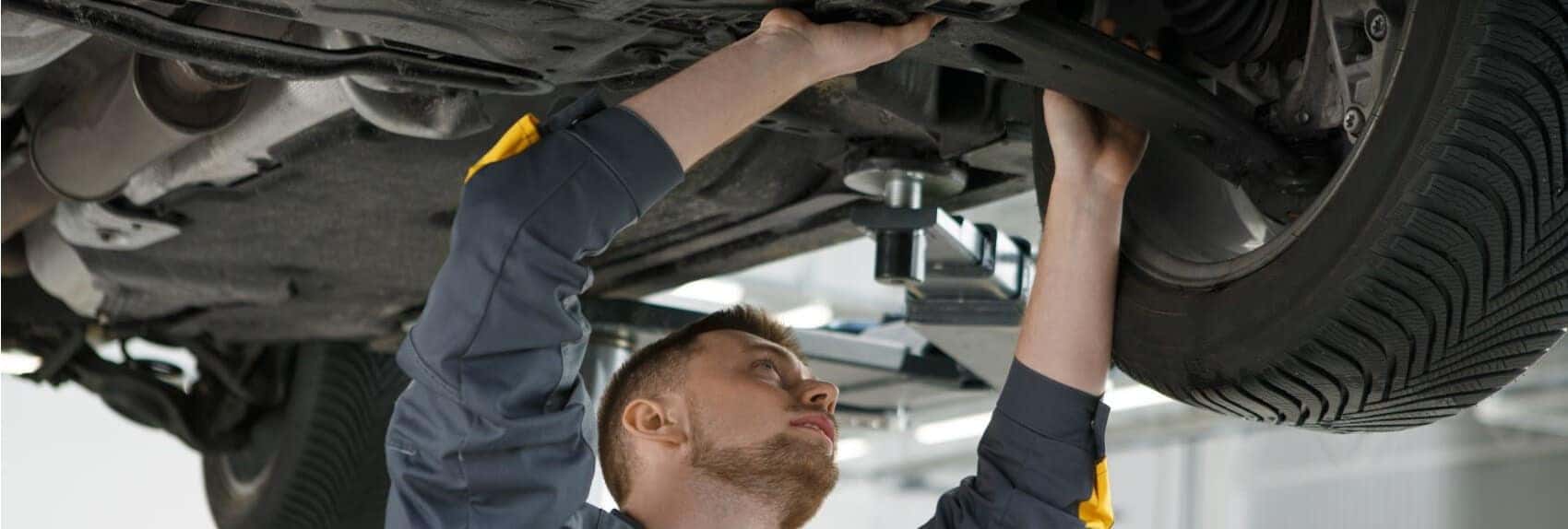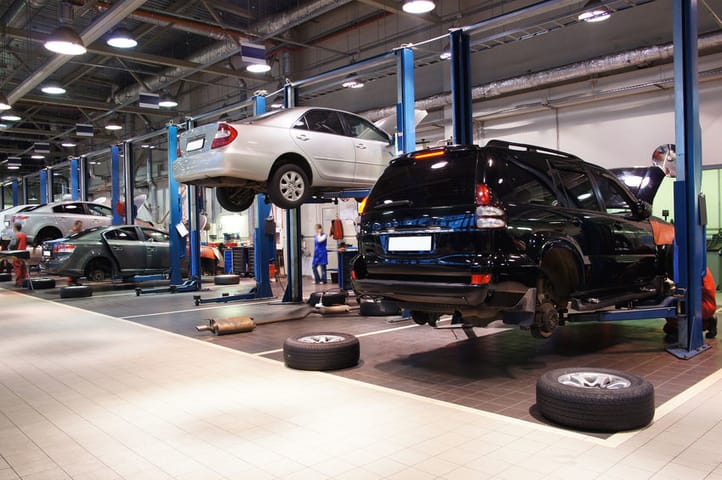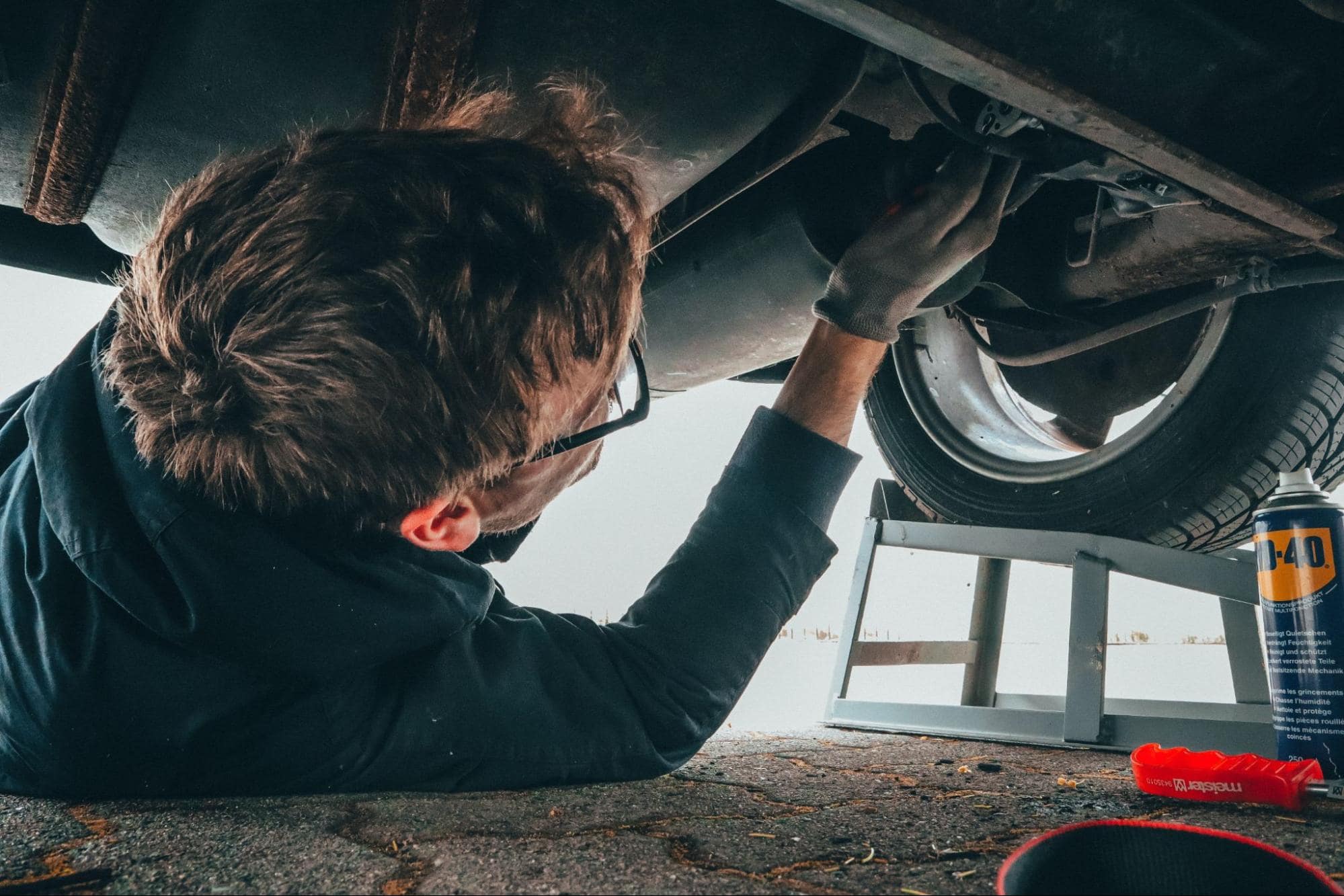All Categories
Featured
EV batteries are large, intricate, and have important materials, making proper disposal and reusing necessary. The great information is that numerous repair service shops, in partnership with recycling programs, now offer electric car battery recycling solutions.
![]()
Furthermore, the expanding variety of electric cars on the road has produced a pushing requirement for sustainable options to take care of battery waste. According to sector forecasts, millions of EV batteries will need recycling in the coming years, making service center an essential component of this community.
Manufacturer Collaborations: Brands like Tesla, Ford, and GM have established recycling initiatives, and licensed service center connected with these makers frequently facilitate battery recycling. Third-Party Recyclers: Independent service center in some cases companion with business focusing on EV battery recycling, such as Redwood Materials or Li-Cycle, which focus on extracting and reusing useful materials from batteries. 3. Just How the Refine Works. When an EV battery gets to completion of its lifecycle, repair work shops take numerous actions to ensure its proper recycling:
Assessment: Professionals analyze whether the battery can be repurposed for various other uses, such as energy storage space systems. Disassembly: The battery is thoroughly dismantled to separate recyclable products. Reusing Transfer: The taken apart elements are sent out to specialized centers where steels and other materials are recouped for reuse. This procedure reduces waste and makes best use of the worth removed from used batteries, sustaining a lasting EV environment.
![]()
Federal government laws and rewards are likewise driving the development of battery recycling infrastructure. In areas like the EU and The golden state, rigorous guidelines on battery disposal make sure that repair service shops and producers take obligation for reusing initiatives.
Final thought. Yes, repair service shops offering electrical car battery recycling are becoming progressively usual. These services play an essential duty in producing a sustainable EV market by ensuring that used batteries are recycled responsibly.
![]()
As even more service center accept these practices, they not just contribute to environmental management but also enhance the lifecycle of electric vehicles. For EV proprietors, seeking service center with recycling services is a purposeful method to sustain sustainability while keeping their lorries.
The future of EV battery recycling is encouraging, with repair service stores, governments, and manufacturers interacting to deal with the difficulties and construct a greener tomorrow.
- Why Reuse EV Batteries? EV batteries are made up of materials like lithium, manganese, cobalt, and nickel-- resources that are energy-intensive and limited to extract. Reusing these batteries avoids damaging chemicals from leaking right into the setting and decreases the need for extracting new resources. By recovering these elements, recycling adds to the circular economy and reduces the carbon impact of EV manufacturing.

Furthermore, the expanding variety of electric cars on the road has produced a pushing requirement for sustainable options to take care of battery waste. According to sector forecasts, millions of EV batteries will need recycling in the coming years, making service center an essential component of this community.
- Repair Work Shops and Battery Recycling Programs. Lots of forward-thinking service center are stepping up to provide EV battery recycling services. These stores often function in partnership with makers, specialized recycling centers, or government-backed programs to make sure batteries are managed securely and successfully.
Manufacturer Collaborations: Brands like Tesla, Ford, and GM have established recycling initiatives, and licensed service center connected with these makers frequently facilitate battery recycling. Third-Party Recyclers: Independent service center in some cases companion with business focusing on EV battery recycling, such as Redwood Materials or Li-Cycle, which focus on extracting and reusing useful materials from batteries. 3. Just How the Refine Works. When an EV battery gets to completion of its lifecycle, repair work shops take numerous actions to ensure its proper recycling:
Assessment: Professionals analyze whether the battery can be repurposed for various other uses, such as energy storage space systems. Disassembly: The battery is thoroughly dismantled to separate recyclable products. Reusing Transfer: The taken apart elements are sent out to specialized centers where steels and other materials are recouped for reuse. This procedure reduces waste and makes best use of the worth removed from used batteries, sustaining a lasting EV environment.
- The Function of Repair Service Shops in Encouraging Sustainability. Service centers that offer battery reusing not only aid decrease ecological influence yet also enhance customer trust fund. EV proprietors are more probable to choose businesses that show environmental duty. Some repair work stores go an action better by supplying incentives, such as discounts on new batteries or services, to consumers who recycle their old ones.

- Challenges and Future Expectation. While battery recycling is growing, challenges remain. Not all service center are outfitted to manage EV batteries as a result of their intricacy, safety and security, and dimension demands. Nonetheless, as innovation advances and need for recycling increases, more service center are likely to embrace these services.
Federal government laws and rewards are likewise driving the development of battery recycling infrastructure. In areas like the EU and The golden state, rigorous guidelines on battery disposal make sure that repair service shops and producers take obligation for reusing initiatives.
Final thought. Yes, repair service shops offering electrical car battery recycling are becoming progressively usual. These services play an essential duty in producing a sustainable EV market by ensuring that used batteries are recycled responsibly.

As even more service center accept these practices, they not just contribute to environmental management but also enhance the lifecycle of electric vehicles. For EV proprietors, seeking service center with recycling services is a purposeful method to sustain sustainability while keeping their lorries.
The future of EV battery recycling is encouraging, with repair service stores, governments, and manufacturers interacting to deal with the difficulties and construct a greener tomorrow.
Latest Posts
Uncover the Top Auto Repair Deals in Montclare, Chicago
Published en
1 min read
Discover Brake Repair & More: Comprehensive Auto Care Solutions from Montclare Auto Repair
Published en
1 min read
Explore Your Financial Partner at WyHy – Top Benefits for Your Financial Goals
Published en
1 min read
More
Latest Posts
Uncover the Top Auto Repair Deals in Montclare, Chicago
Published May 25, 25
1 min read
Discover Brake Repair & More: Comprehensive Auto Care Solutions from Montclare Auto Repair
Published May 25, 25
1 min read
Explore Your Financial Partner at WyHy – Top Benefits for Your Financial Goals
Published May 23, 25
1 min read